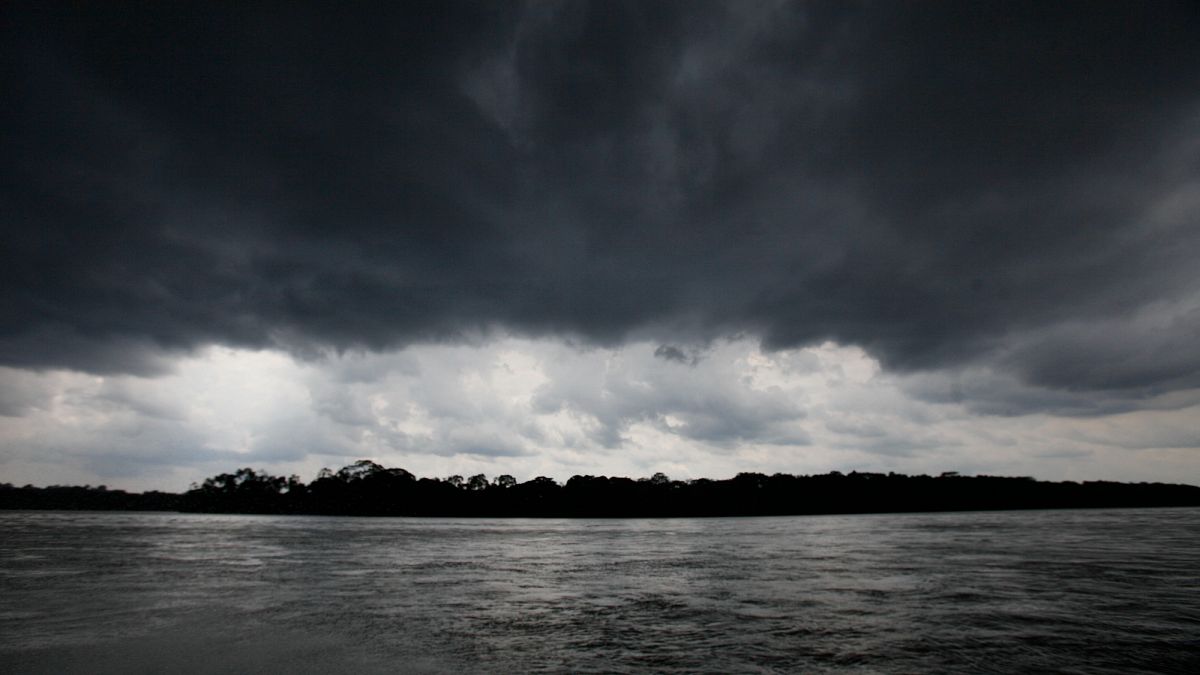

In a world where environmental challenges are as varied as they are complex, recent developments across the globe offer insights into the strategies and responses shaping the future. As we navigate through these times, a mindful acknowledgment of both progress and concerns is essential.
In Ecuador, a new law relating to conservation zones has stirred a mix of responses. This legislation, recently approved, opens the door for private entities to participate in managing protected areas. Advocates argue it could lead to more efficient and effective conservation strategies by leveraging the resources and expertise of private firms. However, critics raise concerns about potential land grabs and environmental degradation, emphasizing the necessity for vigilant legal and ecological safeguards to ensure public trust and environmental integrity are maintained.
As world leaders deliberate on climate actions, the recent warnings by EU Climate Commissioner Wopke Hoekstra provide a timely reminder of the global stakes involved. Speaking in a calm but urgent tone, Hoekstra expressed concern over the United States’ retreat from its climate commitments under the former Trump administration. He cautioned that such a withdrawal might present significant hurdles for global efforts to curb emissions. These reflections came on the heels of the EU’s ambitious roadmap aimed at reducing polluting emissions by 90% by 2040, a move intended to signal its unwavering commitment to climate mitigation.
Meanwhile, in Greece, the natural world has posed its own immediate challenges, as evidenced by recent wildfire outbreaks. Sparked in areas near Asprochori in Oropos and on the island of Thassos, these fires prompted swift firefighting efforts. Thanks to the dedicated work of emergency services, the blazes have been largely contained, demonstrating the effectiveness of coordinated response measures. The prompt containment of these fires underscores the ongoing importance of preparedness and adaptability in safeguarding communities and natural landscapes.
Looking across these varied stories, a theme emerges—the interconnectivity of our environmental efforts, from policy-making in government halls to the tangible actions of firefighting teams on the ground. It is a testament to the multifaceted approach required to steward our planet. Each step, whether it’s forging new legal paths, engaging in diplomatic dialogues, or tackling immediate natural crises, contributes to the broader tapestry of global environmental management.
In these reports from Ecuador, the United States, and Greece, there is an opportunity to reflect on how humanity’s ingenuity, cooperation, and resilience can help navigate the complexities of environmental stewardship. By cultivating a balanced and informed perspective, we honor the present challenges while fostering hope for a sustainable future.
Source: {link}
